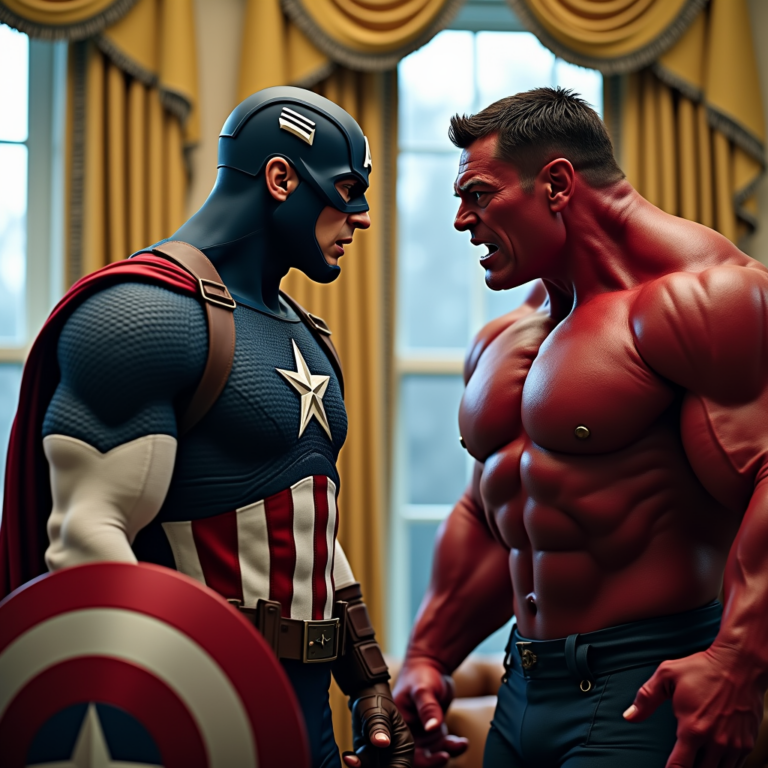Jimmy Carter, the 39th President of the United States, left an indelible mark on history through his unwavering commitment to human rights, global peace, and humanitarian efforts. Despite facing immense challenges during his presidency, his post-presidential career solidified his status as a global icon of moral leadership and compassion.
From Peanut Farmer to Global Peacemaker
Born in the small town of Plains, Georgia, Jimmy Carter’s journey from a humble peanut farmer to the highest office in the land was a testament to the American dream. His rise to prominence was fueled by a deep-rooted sense of duty and a desire to serve his nation. As president, he brokered the historic Camp David Accords, laying the foundation for peace between Israel and Egypt – a feat that had eluded his predecessors.

Unveiling the Untold Struggles…
Yet, Carter’s presidency was marred by economic turmoil and foreign policy crises, including the Iran hostage crisis and the Soviet invasion of Afghanistan. These challenges, though daunting, only strengthened his resolve to pursue a more just and peaceful world. In a candid ‘Crisis of Confidence’ speech, he urged Americans to confront their ‘worship of self-indulgence and consumption,’ setting the stage for a profound national dialogue.

The ‘Crisis of Confidence’ Speech: A Turning Point?
Carter’s ‘Crisis of Confidence’ speech was a pivotal moment in his presidency, where he boldly addressed the nation’s moral and spiritual malaise. With a blend of moral authority and folksy charisma, he challenged Americans to embrace a renewed sense of purpose and reject the pursuit of material wealth as the ultimate goal. Though controversial at the time, this speech has since been hailed as a prescient warning against the dangers of unchecked consumerism.

Navigating Crises and Controversies
Despite the challenges he faced during his presidency, Carter’s unwavering commitment to human rights and global peace never wavered. From his efforts to secure the release of the American hostages in Iran to his vocal opposition to the 2003 invasion of Iraq and the use of drone warfare, he remained a steadfast voice of reason and moral clarity on the world stage.

A Polarizing Figure, Yet Admired by Many
While his stances on issues like the Israeli-Palestinian conflict drew both admiration and criticism, Carter’s dedication to promoting peace and human rights was undeniable. His work through the Carter Center, which he founded after leaving office, earned him the Nobel Peace Prize in 2002 for ‘decades of untiring effort’ in these areas.

The Final Chapter: A Peaceful Transition
As Carter’s life drew to a close, he faced his final days with the same grace and dignity that defined his remarkable journey. His family announced in February 2023 that he had chosen to spend his remaining time at home, surrounded by loved ones and the unwavering support of his medical team. Though his physical presence may have faded, his legacy as a champion of peace, human rights, and moral courage will endure for generations to come.















